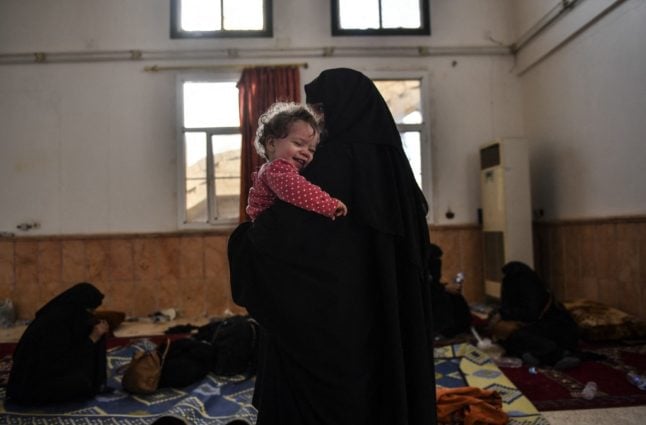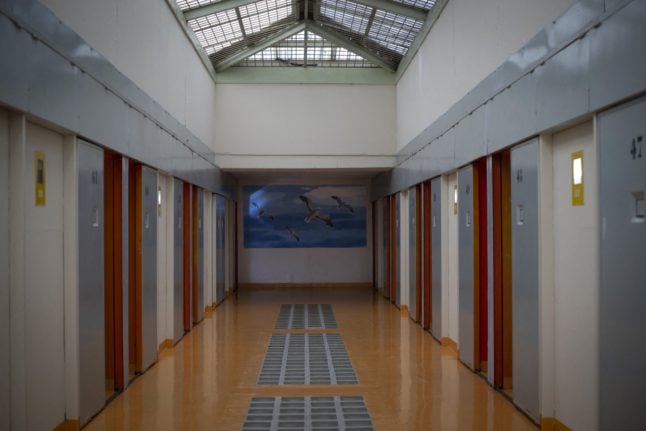The return of relatives of captured or killed jihadist fighters from Syria and Iraq has been a thorny issue for European countries since the fall of the Islamic State group’s so-called “caliphate” in 2019.
Thousands of extremists in Europe decided to join the group as fighters, often taking their wives and children to live in the “caliphate” declared in territory conquered in Iraq and Syria.
Spain plans to repatriate three women and 13 children before the end of the year, a government source told AFP, confirming a report in top-selling Spanish daily El País.
One of the women is married to an Islamic State fighter and the other two are widows of jihadist fighters.
Previously, Spain has refused to repatriate such family members of jihadist fighters.
The women face charges of cooperating with a terrorist organization for allegedly aiding the Islamic State group. If convicted, they face jail terms of up to five years.
The women have been in the detention camps since 2019. They say they were tricked by their husbands to go to Syria and did not take part in any jihadist activities, according to El País.
Spain has also agreed to repatriate a Moroccan woman who is the widow of a Spanish fighter and the couple’s three children, but they fled from a detention camp near Iraq in 2020 and their whereabouts is unknown.
France, Germany and the Netherlands are among the other European nations which have repatriated relatives of jihadist fighters this year or announced plans to do so.



 Please whitelist us to continue reading.
Please whitelist us to continue reading.
Member comments